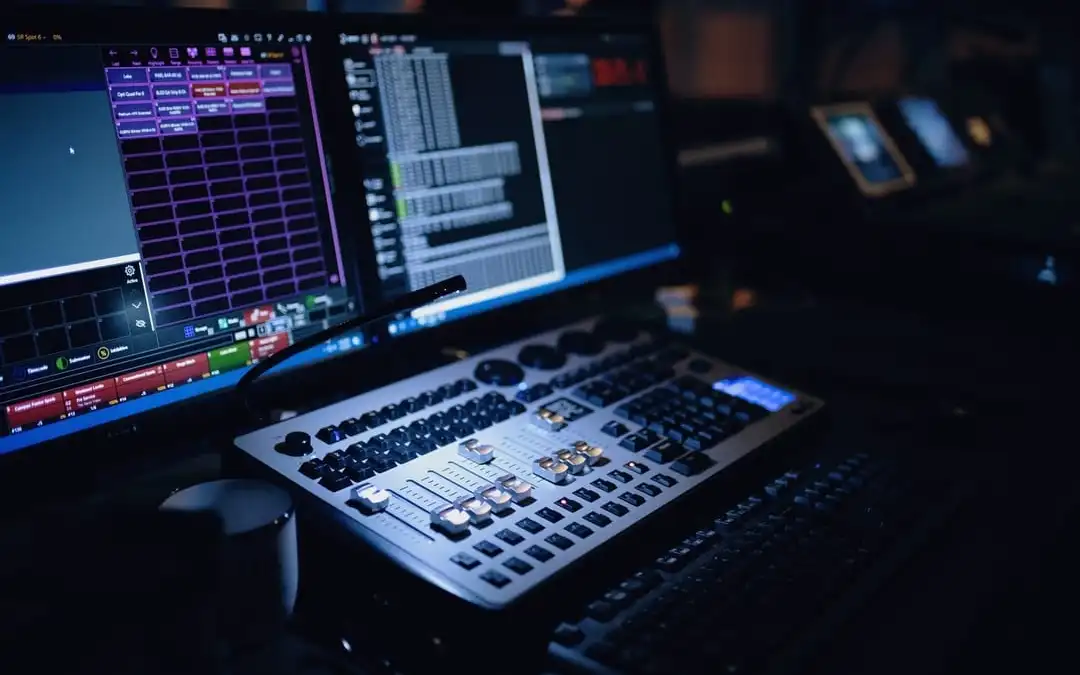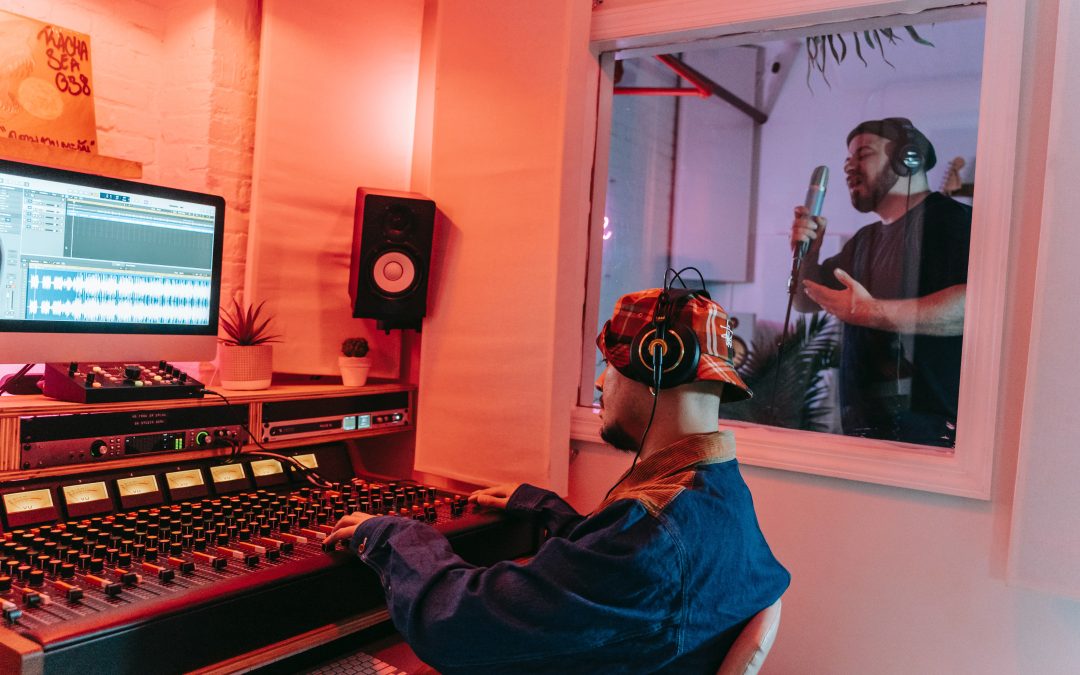As a musician, developing a strong musical identity is crucial to finding success in the industry. But what exactly is musical identity? It’s the unique combination of influences, preferences, and style that makes you stand out as an artist.
It’s what sets you apart from the thousands of other musicians out there, and it’s what draws fans to your music.
In this blog post, we’ll explore how to develop a strong musical identity by understanding your influences, exploring your preferences, developing your own sound, collaborating with others, networking and promoting your music, overcoming obstacles, and finding inspiration and creativity.
Understanding Your Musical Influences
One of the first steps in developing a strong musical identity is understanding your musical influences. Every musician is shaped by the artists who came before them, whether they realize it or not.
By analyzing your favorite artists and the styles they use, you can identify what you like about their music and how it has shaped your own tastes.
In hip-hop culture, artists often pay homage to their influences in their lyrics and music. For example, Kanye West has been vocal about his admiration for Jay-Z and often references him in his songs. Ye idolized Jay-Z so much, he produced the majority of the now classic hip-hop album ‘The Blueprint’. They later on went to release a joint project together on ‘Watch the Throne’.
This helps to establish Kanye’s musical identity and position himself as an up-and-coming rapper in the industry under Jay-Z’s wing.
Exploring Your Musical Preferences
While understanding your musical influences is important, it’s equally important to explore your own musical preferences. What genres do you enjoy? What styles do you find yourself gravitating towards?
By identifying your own preferences, you can begin to create a unique sound that reflects your personal taste.
Ariana Grande is an example of an artist who has explored her own musical preferences to create a distinctive sound. She has combined elements of pop, R&B, and soul to create a sound that is uniquely her own.
This has helped her to establish a strong musical identity and gain a large following.
Developing Your Own Sound
Once you understand your influences and preferences, it’s time to develop your own sound.
This is the key to creating a strong musical identity that sets you apart from other artists. By combining elements of your favorite genres and styles, you can create a sound that is unique to you.
In hip-hop culture, artists like Kendrick Lamar and J. Cole have developed their own sound by blending elements of jazz, funk, and soul with their own lyrics and storytelling.
This has helped them to establish themselves as unique voices in the industry and gain a dedicated fan base.
Developing your own sound is a process that requires experimentation and self-reflection. It’s important to be open-minded and willing to try new things, but also to be honest with yourself about what feels authentic to your personal style and vision.

One way to do this is by recording and listening to your own music, and critically evaluating what works and what doesn’t. You can also seek feedback from trusted sources, such as fellow musicians or producers, to get an outside perspective on your sound.
Another important aspect of developing your sound is to stay true to yourself and avoid chasing trends or trying to fit into a particular genre or style. While it’s important to be aware of what’s popular in the industry, copying the sounds of others can ultimately lead to a lack of authenticity and originality.
Instead, focus on what makes your music unique and find ways to showcase those qualities in your sound.
Finally, developing your sound is an ongoing process that requires patience and persistence. It’s important to keep experimenting and refining your sound over time, and not to get discouraged if it takes a while to find your unique voice.
With dedication and hard work, you can create a sound that is uniquely yours and that resonates with fans who appreciate your individuality.
Practicing and Experimenting
Developing a strong musical identity takes practice and experimentation. While it’s important to have discipline and focus in your practice, it’s also important to experiment with new styles and techniques.
This can help you to expand your musical horizons and find new ways to express yourself.
Practicing and experimenting are essential for developing a strong musical identity. You need to practice regularly to improve your skills and develop a good sense of rhythm, melody, and harmony.
But you also need to experiment with different techniques and sounds to find what works best for you.
One way to do this is by exploring different genres of music. Listening to different styles of music and trying to incorporate elements of those styles into your own music can help you to develop a unique sound.
For example, the popular rapper Post Malone is known for blending elements of hip-hop, rock, and pop in his music to create a sound that is uniquely his own.
Another way to experiment is by collaborating with other musicians. Working with other artists can help you to learn new techniques and styles, and to gain new perspectives on your own music. This can lead to some unexpected and exciting results, such as when pop star Taylor Swift collaborated with indie rock duo The National on her album “folklore.”
In addition to experimenting with different genres and collaborating with others, it’s important to practice your craft regularly. This means setting aside time every day or every week to work on your music, whether that means writing lyrics, composing melodies, or practicing your instrument.
Consistent practice is key to developing your skills and honing your unique sound.
By practicing regularly and experimenting with different techniques and sounds, you can continue to develop your musical identity over time.
It’s important to remember that developing a strong musical identity is a lifelong process, and it takes time and effort to get there.
But with persistence and dedication, you can create music that is uniquely yours and connects with fans who appreciate your individuality.
Collaborating with Others
Collaborating with other musicians is another way to develop your musical identity. By working with others who have different styles and influences, you can learn new techniques and develop a sound that is unique to your collaboration.
Beyonce is an example of an artist who has successfully collaborated with other musicians to create a distinctive sound.
She has worked with producers and songwriters like Pharrell Williams and Jay-Z to create music that is both innovative and true to her own musical identity.
Networking and Promoting Your Music:
Networking and promoting your music are also important aspects of developing a strong musical identity.
By building a network of supporters and collaborators, you can gain exposure and create opportunities for yourself.
Social media and online platforms are powerful tools for promoting your music and connecting with fans.
Check out: Networking for Musicians and Managers in 2023
Overcoming Obstacles
Developing a strong musical identity is not always easy, and there are many obstacles that can stand in your way.
Self-doubt and insecurity are common challenges that musicians face, but it’s important to persevere and stay true to your musical identity. Learning to overcome these obstacles is key to success in the music industry.
In the music industry, there will always be obstacles to overcome. Whether it’s writer’s block, negative feedback, or a lack of resources, it’s important to stay focused on your goals and not give up in the face of adversity.
One way to do this is by surrounding yourself with a supportive community of fellow musicians, friends, and family who believe in your vision and can offer encouragement and advice when you need it.
Another way to overcome obstacles is by taking a proactive approach to problem-solve. This means identifying the root cause of the problem and developing a plan of action to address it.
For example, if you’re struggling with writer’s block, you might try changing your routine or environment to spark your creativity.
If you’re facing financial constraints, you could explore new ways to promote and distribute your music that doesn’t require a large investment.
Ultimately, the key to overcoming obstacles is to stay motivated and focused on your musical identity. Remember why you started making music in the first place and keep that vision in mind as you navigate the ups and downs of the industry.
With perseverance and a strong sense of purpose, you can overcome any obstacle and continue to grow as an artist.
Check out: How to Overcome Writer’s Block as a Musician
Finding Inspiration and Creativity
Finally, finding inspiration and creativity is essential to developing a strong musical identity.
Whether it’s through traveling, experiencing new cultures, or simply taking a break from music to recharge, finding inspiration outside of the studio can help to fuel your creativity and develop your unique sound.
Artists like Chance the Rapper and Childish Gambino have found inspiration in unexpected places, such as their hometowns and childhood memories.
This has helped them to create music that is authentic and true to their personal experiences, which in turn has helped to establish their musical identity and gain a loyal fan base.
Conclusion
In conclusion, developing a strong musical identity is an ongoing process that requires dedication and hard work. It’s about finding a balance between honoring your influences and exploring your own preferences while staying true to your personal style and vision.
By following the steps outlined in this post and learning from the examples of successful artists in pop culture and hip-hop culture, you can create a sound that is uniquely yours and connect with fans who appreciate your individuality.
So, stay true to yourself, practice your craft, and never stop exploring new ways to express your musical identity.






